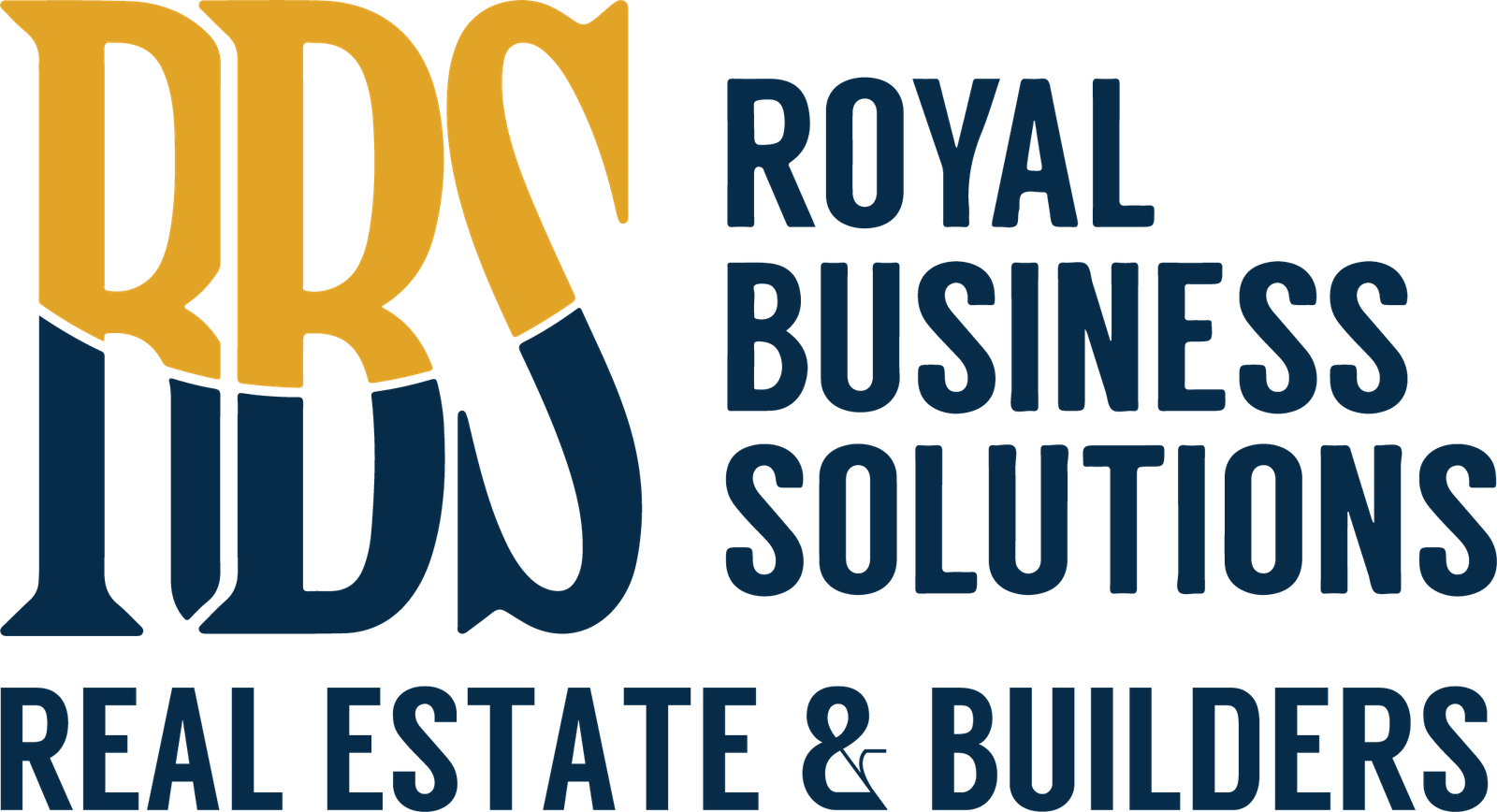- August 7, 2024
- Posted by: Muhammad Afzaal
- Category: Blogs

A commercial property is a real estate, particularly designed for business and generating profit. A commercial property could be a retail space, an office building, a hotel, an industrial warehouse, multi-family housing units, etc. Owning a commercial property is one of the most profitable businesses if one knows how to make the best use of a commercial property.
This guide will help you make an informed decision about your commercial property.
What is the best and Highest Use of Commercial Property?
Before getting directly into the factors determining the best and the highest use of your commercial property, it is important to understand what it is.
The highest and Best use of property, or HBU, occurs when a property qualifies for the four tests: physically possible, legally permissible, financially feasible, and maximally productive.
Also Read: Navigating Property Condition Assessments in Pakistan: A Comprehensive Exploration.
What are the Commercial Uses?
A space used for any activity that involves selling a product or service and earning a profit is commercial use. The space could be an office building, a retail outlet, an industrial warehouse, shop-cum-office, etc.
How do you determine the highest and best use of a property?
-
Market Research and Analysis
Understand local Demand: Based on your location, demographics, economic trends, and income level, determine the type of businesses that are in demand.
Competitor Analysis: Once you determine the type of business in the locality, look for competitors. Find the gaps that your property can fill.
2. Zoning and Regulations
Comply with the Zoning laws: Ensure that your property is suitable for the type of commercial use you are considering. The zoning laws might vary according to the locations; check with your local development authorities or explore their official websites to get insights.
Compliance with Regulations: Inquire about the local, federal, and state regulations and ensure your intended business compliance with them. This should include environmental regulations, health and safety codes, or licensing requirements.
3. Property Features and Conditions
Asses your Property: Asses the physical condition (size, layout, and condition) of your property and ensure it is perfectly fine ( doesn’t need any repair or upgrade) for your intended use.
Accessibility and Parking: Make sure your property is easy to access for customers and has a parking space.
4. Financial Feasibility
Cost Analysis: Make some calculations that you would require to get permits, renovate, and calculate other possible operational costs.
Revenue Potential: You can assess the potential revenue by the local market conditions and the type of business you intend to establish.
5. Future Growth and Trends
Economic Trends: Infrastructure projects enhance property value. Look for expected developments and upcoming projects that can improve your property value.
Emerging Market: Identify the emerging market trends (technological advancements, customer behavioral changes) that can influence your property usage.
6. Professional Advice
Consult the Experts: The local real estate agents can best guide you regarding the potential uses of your property.
Legal and Financial Advisors: You might need a legal advisor to get the best solution to possible compliance regulation issues.
7. Community and Environmental Considerations
Environmental Considerations: Ensure sustainable practices comply with environmental regulations.
Community Needs: Keep up with the needs and preferences of the local community.
These practices will enhance the goodwill of your business, aiding in attracting more customers.
Wrap Up
A comprehensive approach is required to analyze the highest and best use of commercial property. It is essential to consider regulatory compliance, market demand, potential development and growth, future trends, and financial feasibility.
A thorough analysis will help you make an informed decision about your commercial property, resulting in the best return on investment. Experts should provide advice and guide you through legal processes.
